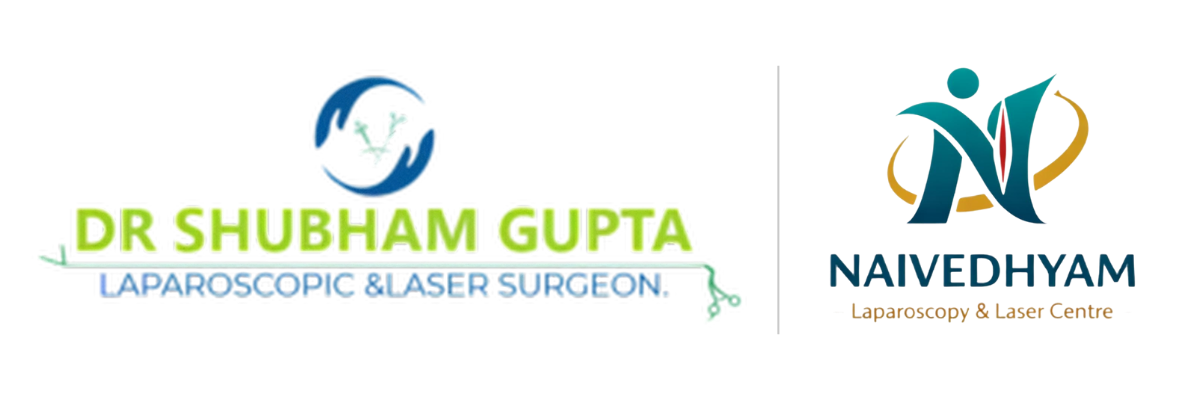Gallstones vs Kidney Stones – Understanding the Difference in Simple Words
Many patients get confused when they hear the words gallstones and kidney stones. Both are common medical conditions, but they affect different organs, have different causes, and need different treatments.
Here, Dr. Shubham Gupta, laparoscopic and general surgeon in Gwalior, explains the difference in simple, easy-to-understand terms.
What Are Gallstones?
Gallstones are hard deposits that form inside the gallbladder (a small organ under the liver that helps digest fat).
They are usually made of cholesterol, bile salts, or bilirubin.
Common Symptoms of Gallstones:
-
Sudden pain in the right upper abdomen (especially after eating oily/spicy food).
-
Nausea or vomiting.
-
Indigestion or bloating.
-
Sometimes, no symptoms at all (called “silent stones”).
Treatment:
If gallstones cause pain or complications, doctors usually suggest laparoscopic gallbladder removal surgery (cholecystectomy).
What Are Kidney Stones?
Kidney stones are hard crystals that form inside the kidneys from minerals like calcium, oxalate, or uric acid.
They can move into the urinary tract and cause severe pain.
Common Symptoms of Kidney Stones:
-
Sharp pain in the lower back or sides.
-
Burning sensation while passing urine.
-
Blood in urine.
-
Frequent urge to urinate.
Treatment:
-
Small stones may pass naturally with water and medicines.
-
Larger stones may require procedures like lithotripsy, ureteroscopy, or surgery.
Key Differences at a Glance
| Feature | Gallstones | Kidney Stones |
|---|---|---|
| Where they form | In the gallbladder | In the kidneys/urinary tract |
| What they’re made of | Cholesterol, bile salts, bilirubin | Calcium, oxalate, uric acid |
| Pain location | Right upper abdomen | Lower back, sides, or groin |
| Triggers | Oily/spicy food | Less water, high salt, diet imbalance |
| Treatment | Often requires gallbladder removal | May pass naturally or need stone-breaking/surgery |
Conclusion
Though both are called “stones,” gallstones and kidney stones are very different conditions. Correct diagnosis is important because their treatment methods are not the same.
If you experience abdominal pain, indigestion, or urinary problems, don’t ignore the symptoms. Consult an expert like Dr. Shubham Gupta, who can guide you with the right diagnosis and treatment options.



